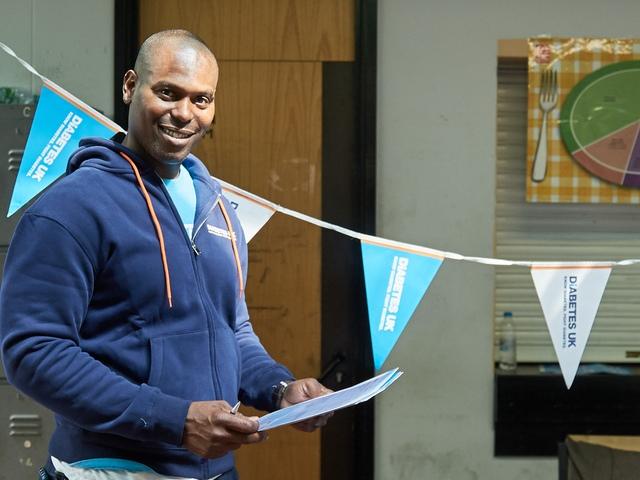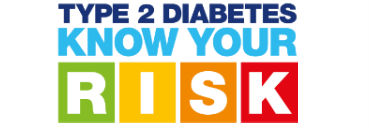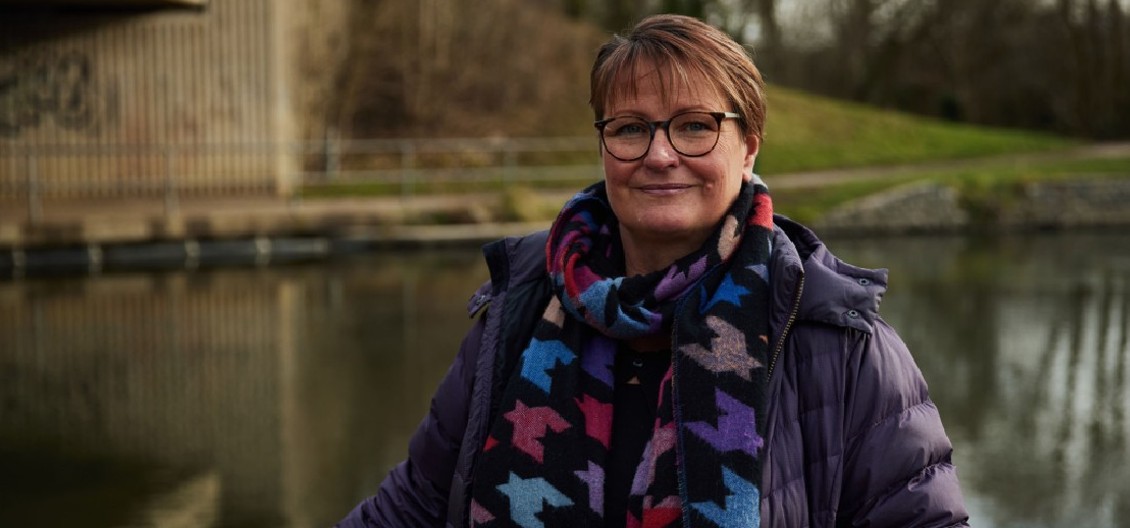
Phylex Green
Phylex's mum diagnosed in 2010.
"If it wasn’t for my mum, I would have been diagnosed with type 2 diabetes by now."
Seeing his mum struggle to manage her type 2 diabetes pushed Phylex to warn others about the risks of developing it. Now a Diabetes UK Community Champion, he educates fellow bus drivers on the importance of eating well and keeping active to reduce their risk of Type 2 diabetes and other health conditions.



